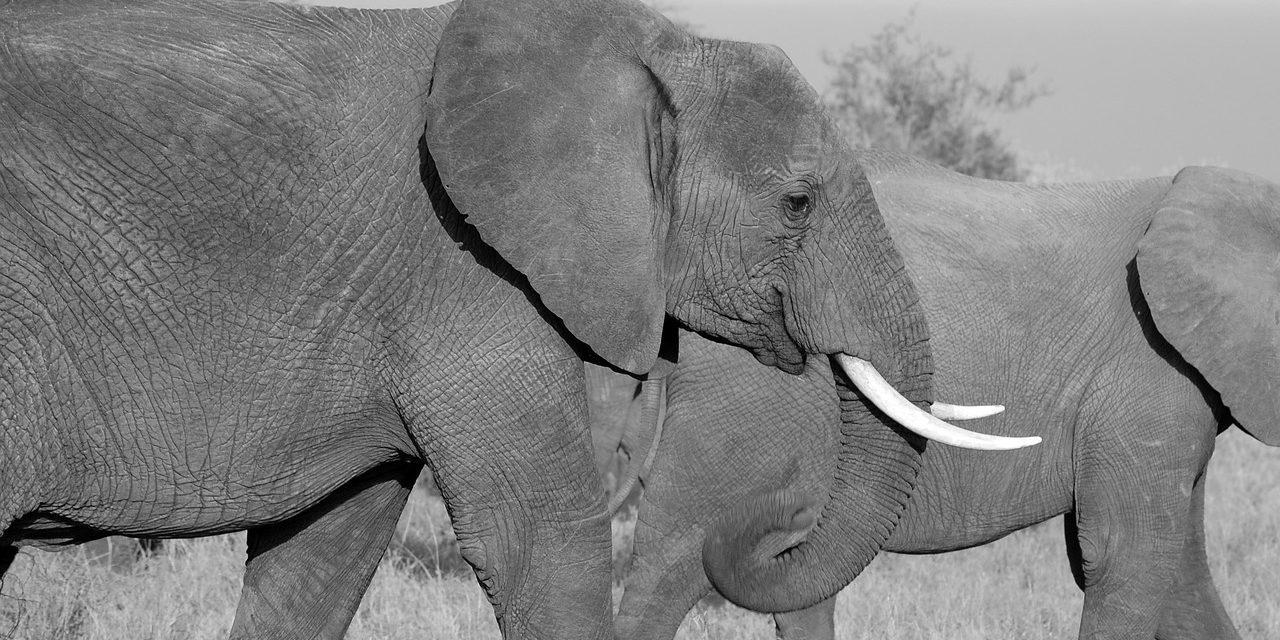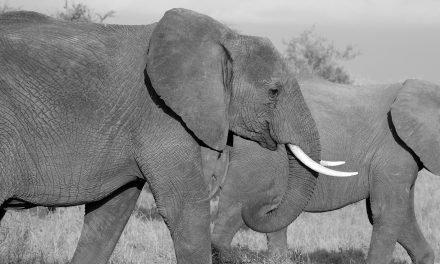So you’ve decided to embark on an unforgettable African safari adventure, immersing yourself in the untamed wilderness and witnessing nature at its finest. But before you pack your bags with safari essentials, it’s essential to brush up on the often overlooked yet vital aspect of visa requirements. Navigating through the bureaucratic maze of visa regulations can be a daunting task, but fear not, as this article will provide you with a comprehensive understanding of the visa requirements for your African safari adventure, allowing you to focus on the awe-inspiring wildlife that lies ahead.
Types of Visas
Tourist Visa
If you’re planning on embarking on an African safari adventure, one of the first things you need to consider is the type of visa you will require. The most common type of visa that tourists need is a tourist visa. This visa is designed for individuals who are visiting a country for leisure purposes, such as sightseeing, exploring wildlife reserves, or experiencing the local culture. It typically allows for a specific duration of stay, which can vary depending on the country you plan to visit.
Business Visa
If your African safari adventure includes business activities, such as attending conferences, meetings, or exploring potential investment opportunities in the region, you will likely need a business visa. This type of visa is tailored for individuals who require entry into a country for business-related purposes. The requirements and duration of stay may differ from those of a tourist visa, so it’s crucial to check with the consulate or embassy of the country you plan to visit.
Student Visa
If you’re planning to study in Africa, whether it’s pursuing a degree or participating in an exchange program, a student visa will be necessary. Obtaining a student visa allows you to stay in a country for an extended period while you pursue your educational goals. Each country has its own specific requirements and application process for student visas, so it’s essential to contact the embassy or consulate to gather accurate and up-to-date information.
Transit Visa
In some cases, you may be required to obtain a transit visa if you’re passing through a country on your way to your final destination. A transit visa allows you to make a brief stopover in a country without the intention of staying for an extended period. This type of visa is particularly relevant if your African safari adventure involves connecting flights or traveling by land through multiple countries. Be sure to check the transit visa requirements of each country you plan to transit through to avoid any travel disruptions.
Visa-Free Travel
Countries with Visa Exemptions
Good news for travelers looking to embark on an African safari adventure – there are several countries on the continent that offer visa exemptions to certain nationalities. This means that you can enter these countries without having to obtain a visa in advance. The specific visa requirements and duration of stay vary for each country, so it’s crucial to check for your specific nationality. Some countries may require you to obtain a visa on arrival or have certain conditions for visa-free travel.
Duration of Stay
Even if a country offers visa-free travel for your nationality, it’s essential to consider the duration of stay allowed. Some countries may allow a generous period of stay, while others may impose strict limits on the number of days you can spend in the country without a visa. It’s crucial to plan your African safari adventure itinerary accordingly, ensuring that you comply with the visa regulations of each country you plan to visit. Failure to adhere to the duration of stay restrictions may result in penalties or difficulties in leaving the country.
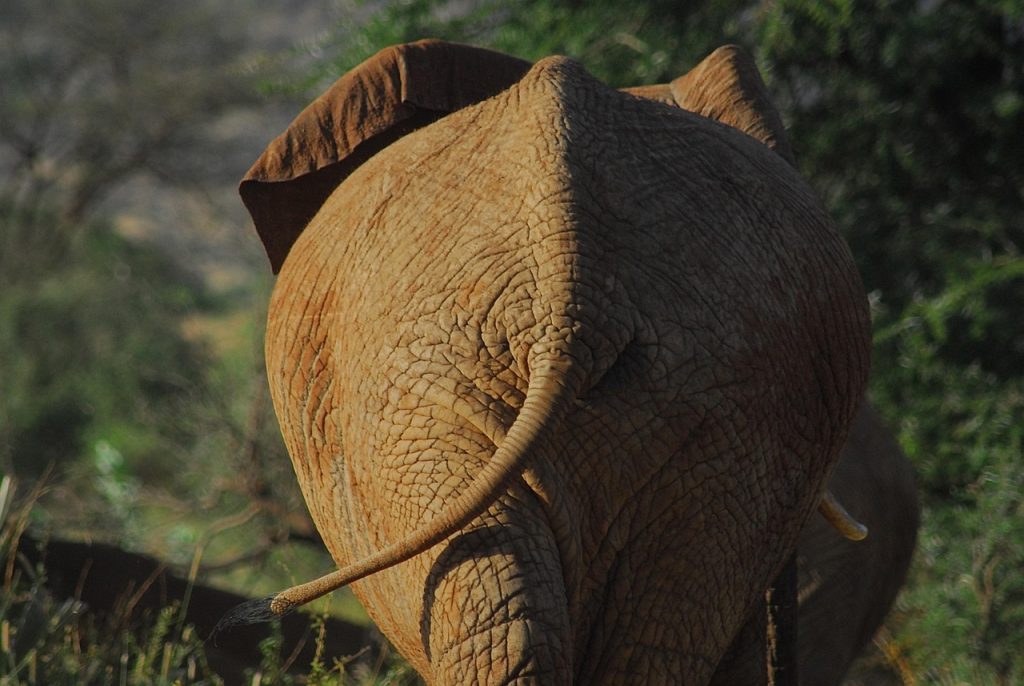
Visa on Arrival
Eligible Countries
If your nationality requires a visa to enter a country, you may have the option of obtaining a visa on arrival (VOA). This means that you can obtain your visa once you arrive at the airport or border of the country you plan to visit. Not all countries offer visa on arrival, so it’s essential to check the eligibility requirements. Each country has its own list of eligible nationalities, so make sure to verify if your country is included before relying on this option.
Requirements
While obtaining a visa on arrival can be convenient, it’s essential to note that the requirements may vary from country to country. Some common requirements include a passport with a minimum six-month validity, a return or onward ticket, proof of accommodation, and sufficient funds to support your stay. It’s always advisable to have these necessary documents ready and prepared to ensure a smooth visa on arrival process.
Cost and Payment Methods
The cost of a visa on arrival can also vary depending on the country. Some countries may charge a fixed fee, while others calculate the visa cost based on the duration of stay or other factors. It’s crucial to be aware of the visa fees and the accepted payment methods. Some countries may accept only cash payments, while others may also offer the option to pay by credit card. Having the correct amount of cash or a credit card on hand will help facilitate the visa on arrival process.
Application Process
Embassy or Consulate
For visas that cannot be obtained on arrival, such as tourist visas, student visas, or business visas, you will need to submit your application to the embassy or consulate of the country you plan to visit. It’s essential to contact the embassy or consulate to inquire about the specific visa application process and requirements. They will provide you with the necessary forms and guide you through the process, ensuring that you have all the required documents to support your application.
Online Application
In recent years, many countries have implemented online visa application systems, making the process more accessible and convenient for travelers. Online visa applications often require you to fill out an electronic form, upload supporting documents, and make the necessary payments. This option eliminates the need for in-person visits to embassies or consulates and saves valuable time. Make sure to carefully follow the instructions provided on the embassy or consulate’s website to successfully complete your online application.
Required Documents
Regardless of the type of visa you’re applying for, there are some common documents that are typically required. These can include a valid passport with a minimum six-month validity, recent passport-sized photographs, a completed visa application form, proof of travel arrangements, such as flight itineraries or hotel reservations, proof of sufficient funds to support your stay, and any other documents specific to the type of visa you’re applying for. It’s essential to have all the necessary documents ready and organized to ensure a smooth application process.
Processing Time
The processing time for visa applications can vary depending on several factors, such as the country you’re applying to, the type of visa you’re seeking, and the time of year. Some countries may have expedited processing options for an additional fee, while others may require a longer processing time. It’s advisable to apply for your visa well in advance of your planned travel dates to allow for any potential delays. Inquire about the estimated processing time when submitting your visa application to better plan your African safari adventure.
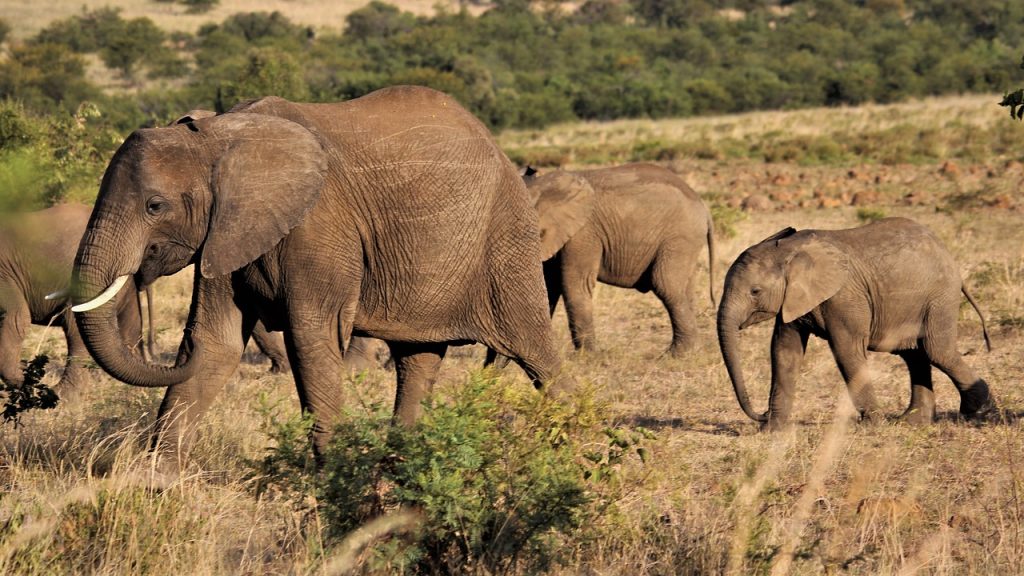
Validity and Extensions
Single Entry vs Multiple Entry
When obtaining a visa, it’s essential to understand whether it allows for single entry or multiple entries into a country. A single-entry visa typically permits you to enter a country only once, after which it becomes invalid. A multiple-entry visa, on the other hand, allows you to enter and exit a country multiple times within a specified period. This is particularly relevant for those planning an African safari adventure that spans multiple countries or involves returning to the same country after traveling to other destinations.
Visa Extensions
In some cases, you may find yourself needing to extend your stay beyond the duration permitted by your visa. Most countries provide a process for visa extensions, which allow you to legally prolong your stay. It’s essential to consult with the appropriate immigration authorities or visit the embassy or consulate of the country you’re in to inquire about the visa extension process. Failure to extend your visa before it expires can result in penalties, difficulties in leaving the country, or even a ban on future entry.
Overstaying Penalties
It’s crucial to be aware of the potential penalties for overstaying your visa. Each country has its own regulations and penalties for individuals who exceed the permitted duration of stay. Depending on the country, overstaying your visa may result in fines, deportation, or even a ban on future entry. To avoid any legal complications and ensure a smooth return from your African safari adventure, it’s essential to adhere to the visa regulations and depart the country before the expiration of your visa.
Health and Vaccination Requirements
Yellow Fever Vaccination
When planning your African safari adventure, it’s vital to check the health and vaccination requirements of the countries you plan to visit. One common vaccination requirement, particularly in certain African countries, is the yellow fever vaccination. This vaccination is designed to protect travelers from contracting the yellow fever virus, which is transmitted by infected mosquitoes. Some countries may require proof of yellow fever vaccination upon entry, so it’s crucial to check if this vaccination is mandatory and ensure that you have the necessary documentation.
Other Recommended Vaccinations
In addition to yellow fever vaccination, there may be other recommended vaccinations for travelers visiting Africa. Consult with a travel clinic or healthcare provider specialized in travel medicine to assess the recommended vaccinations for the specific regions you plan to visit. Commonly recommended vaccinations may include those for hepatitis A and B, typhoid fever, rabies, meningitis, and tetanus-diphtheria. Ensuring that you are up to date on your vaccinations will help protect your health during your African safari adventure.
Medical Certificates
Some countries may require travelers to provide a medical certificate or other documentation to prove their overall health or specific medical conditions. This requirement may be particularly relevant if you have a pre-existing condition or are carrying necessary medications. Consult with the embassy or consulate of the country you plan to visit to inquire about any specific medical certificate requirements. Having the necessary documentation will help facilitate your entry into the country and ensure a smooth travel experience.
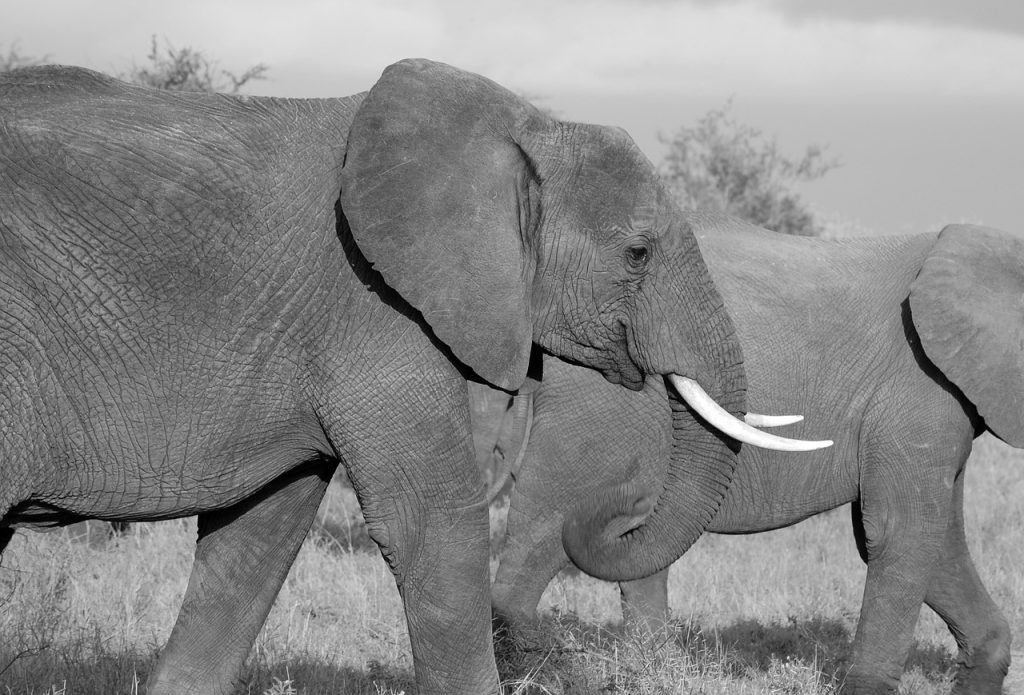
Insurance and Travel Documents
Travel Insurance
Travel insurance is an essential consideration for any African safari adventure. It provides financial protection in case of unexpected events, such as medical emergencies, trip cancellation, lost luggage, or other unforeseen circumstances. Make sure to obtain comprehensive travel insurance that covers all the activities and destinations of your safari adventure. It’s essential to carefully review the coverage details, policy limits, and exclusions to ensure that you have adequate protection for your trip.
Passport Validity
Before embarking on your African safari adventure, check the validity of your passport. Most countries require that your passport be valid for at least six months beyond your intended date of departure. Some countries may even require a year or more of remaining validity. Ensure that your passport meets the required validity period to avoid any travel disruptions or denial of entry at immigration checkpoints. If your passport is nearing expiration, make arrangements to renew it well in advance of your planned travel dates.
Photocopies and Digital Copies
It’s always a good idea to make photocopies of important travel documents, including your passport, visas, and travel insurance policy. Keep these copies separate from the original documents to have a backup in case of loss or theft. Additionally, it’s advisable to store digital copies of your travel documents securely in the cloud or on a password-protected device. Having digital copies accessible from anywhere can be invaluable if you need to access them while traveling or in case of an emergency.
Visa Processing Fees
Application Fees
When applying for a visa, it’s essential to be aware of the application fees associated with the process. Each country sets its own application fees, which can vary depending on the type of visa, duration of stay, and other factors. Check with the embassy or consulate to determine the exact visa application fees and payment methods accepted. It’s advisable to have the correct amount of cash or other accepted forms of payment ready when submitting your visa application to avoid any delays.
Additional Charges
In addition to the application fees, there may be other charges associated with the visa process. Some countries may require additional fees for expedited processing, courier services, or other services related to the visa application. It’s crucial to inquire about any potential additional charges to have a complete understanding of the total cost of obtaining your visa. Being aware of these charges beforehand will help you budget accordingly for your African safari adventure.
Payment Methods
Different countries may have varying payment methods accepted for visa processing fees. Some countries may only accept cash payments, while others may offer additional options, such as credit card or online payment. It’s important to inquire about the accepted payment methods and ensure that you have the necessary funds or payment options available. Lack of appropriate payment methods may delay the visa application process or result in the rejection of your application.
Special Visa Considerations
Minors and Parental Consent
If you’re traveling with minors, additional visa requirements and parental consent may be necessary. Some countries require that minors have their own passport, while others may allow them to be included in their parents’ passport. Additionally, if a minor is traveling with only one parent or with someone other than their legal guardian, a parental consent letter or other supporting documentation may be required. It’s crucial to check the specific visa requirements for minors with the embassy or consulate to ensure compliance and avoid any travel disruptions.
Volunteer and Work Visas
If your African safari adventure involves volunteering or working in a country, specialized visas may be required. Volunteering or working without the appropriate visa may be illegal and can result in serious consequences, including deportation or a ban on future entry into the country. Research the specific visa requirements for volunteering or working in the country you plan to visit and ensure that you obtain the necessary visas before engaging in any volunteer or work activities.
Journalist and Media Visas
If you’re a journalist or media professional planning to cover your African safari adventure, be aware that you may require a journalist or media visa. These visas are designed for individuals working in the media industry, such as journalists, photographers, or filmmakers. They often have specific application procedures and requirements, including a letter of assignment or an invitation from a media organization in the host country. Contact the embassy or consulate to inquire about the journalist or media visa requirements and ensure that you have the appropriate documentation.
Important Tips
Start the Visa Application Early
One of the most crucial tips when it comes to visas is to start the application process early. Visa processing times can vary significantly, and unexpected delays or additional document requirements can arise. It’s advisable to start the visa application process at least a few months before your planned travel dates. This will give you ample time to gather all the necessary documents, complete the application accurately, and address any potential issues that may arise during the process.
Consult with Travel Agencies or Tour Operators
If you’re feeling overwhelmed by the visa application process or unsure about the specific requirements for your African safari adventure, consulting with a travel agency or tour operator can be beneficial. These professionals are well-versed in visa requirements and can guide you through the application process. They can provide valuable advice, assist with document preparation, and ensure that you have all the necessary information to obtain your visa successfully.
Check Embassy Websites
To ensure that you have the most accurate and up-to-date visa information, it’s recommended to check the websites of the embassies or consulates of the countries you plan to visit. Official embassy websites often provide detailed information on visa requirements, the application process, and any recent changes to the visa regulations. Take the time to review the information provided and follow the instructions carefully to avoid any unnecessary complications or delays.
Keep Copies of Important Documents
Throughout your African safari adventure, it’s crucial to keep copies of all your important travel documents. This includes your passport, visas, travel insurance policy, itinerary, and any other relevant documents. Store these copies separately from the original documents, either in a secure location or digitally. Having copies readily available can be helpful in case of loss or theft and can facilitate the process of replacing or obtaining new documents, should the need arise.
By understanding the different types of visas, the visa-free travel options, the visa application process, and the necessary requirements, you can ensure a smooth and hassle-free African safari adventure. Take the time to research and prepare, consult with the appropriate authorities or travel professionals, and adhere to the visa regulations of each country you visit. With proper planning and attention to detail, you’ll be well on your way to an unforgettable safari experience in Africa.

